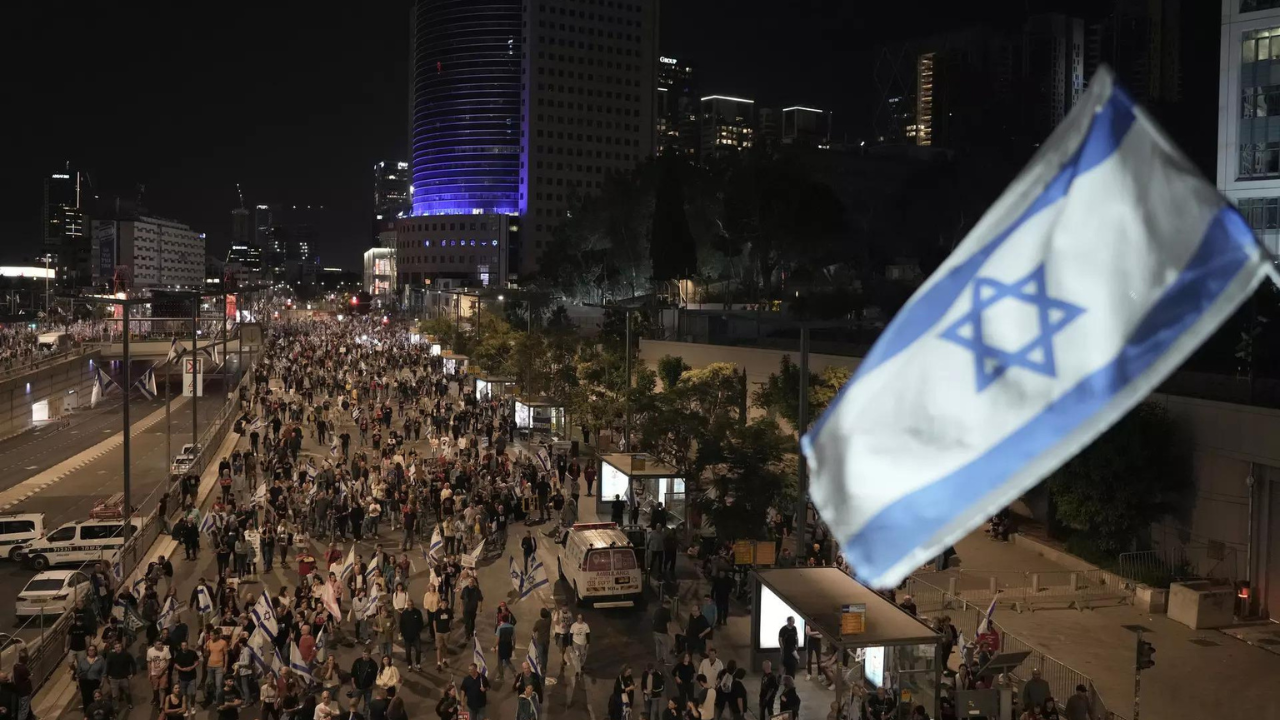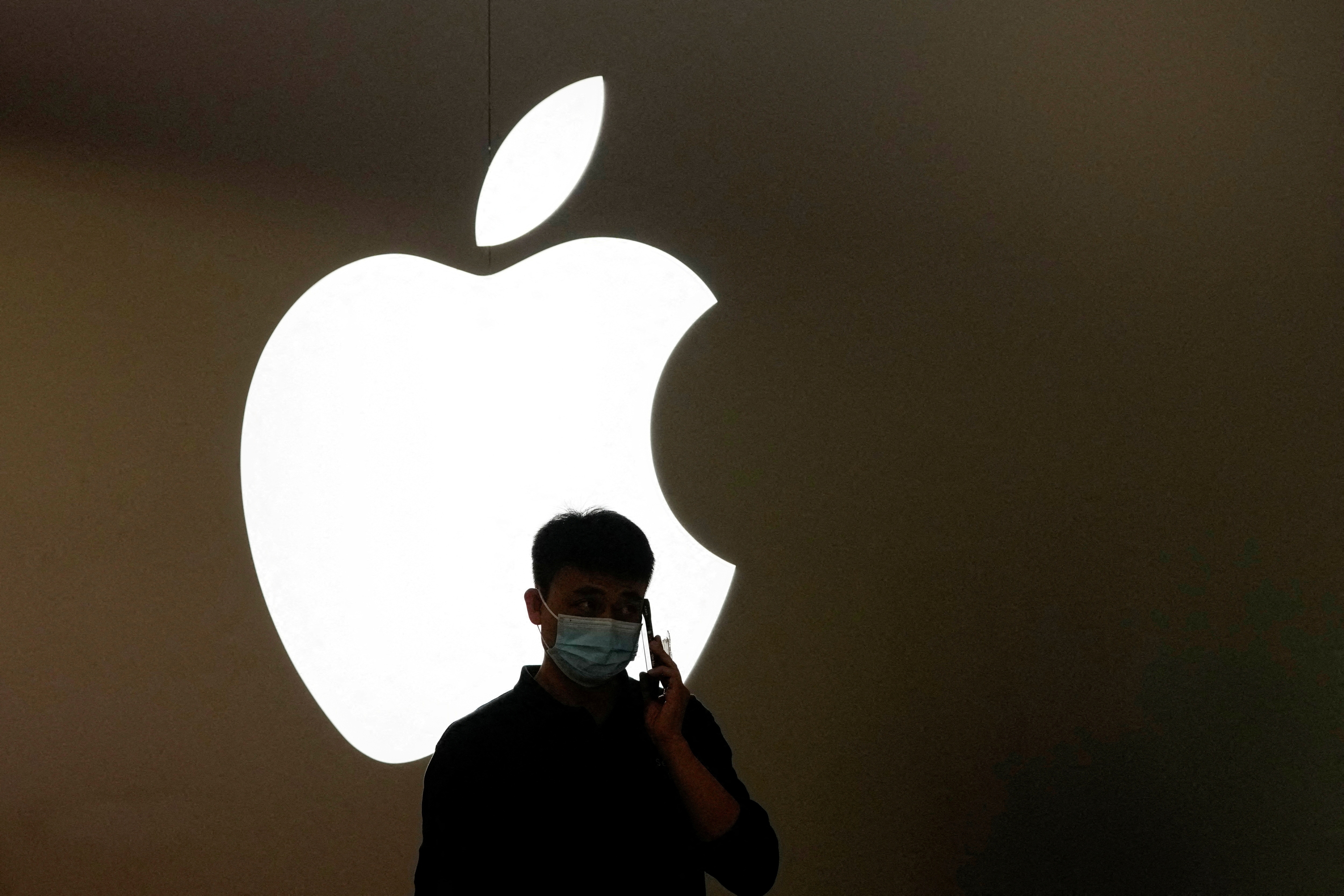Explained: Why $6 Billion US-Iran Deal Is In Spotlight After Hamas Attack
The Palestinian group Hamas's surprise assault on Israel Saturday and Israel's retaliation have killed more than 1,100 people and focused attention on the Iran-backed Islamist group.

The Palestinian group Hamas's surprise assault on Israel Saturday and Israel's retaliation have killed more than 1,100 people and focused attention on the Iran-backed Islamist group.
US Secretary of State Antony Blinken said on Sunday that Iran has not yet been able to spend a single dollar of the $6 billion in funds that were unfrozen in a US-Iran prisoner swap in September.
Blinken also said he had "not yet seen evidence that Iran directed or was behind this particular attack, but there's certainly a long relationship."
What was the iran prisoner swap deal?
In August, details were made public of a complicated agreement that President Joe Biden approved. Five US citizens detained by Tehran were allowed to leave the country in exchange for the transfer of $6 billion in Iranian funds that had been frozen in South Korea. At the same time, five Iranians held in the United States were allowed to leave.
What was the $6 Billion?
The $6 billion was Iranian money that had been frozen in South Korean banks. After Washington, under former President Donald Trump, placed a total ban on Iran's oil exports and sanctions on its banking sector in 2019, these Iranian oil revenues were blocked in Seoul.
Where is the $6 billion now?
The funds were not dispersed to Iran. Qatar's central bank is overseeing the funds, which are still in Doha.
"The facts are these - no US taxpayer dollars were involved," Blinken told CNN's "State of the Union" on Sunday. "These were Iranian resources that Iran had accumulated from the sale of its oil that were stuck in a bank in South Korea."
Under the terms of the Iran prisoner deal, the money can only be used for humanitarian-related purposes, including purchasing food or other goods outside Iran for import, US officials said.
The US Treasury's undersecretary for terrorism and finance, Brian Nelson, said, "All of the money held in restricted accounts in Doha as part of the arrangement to secure the release of five Americans in September remains in Doha. Not a penny has been spent. These restricted funds cannot go to Iran - it can only be used for future humanitarian-related purposes. Any suggestion to the contrary is false and misleading."
Because of due diligence requirements related to the swap, "It will take many months for Iran to spend down this money," a State Department spokesperson said. "And, as we've said many times, it can only be used to purchase food, medicine, medical devices, and agricultural products for the people of Iran."
What are critics of the deal saying?
Most of the Republicans vying to be the party's 2024 presidential nominee tried to link Biden's Iran deal to the attacks, with some alleging, incorrectly, that he or US taxpayers funded the attacks on Israel.
Allowing Iran access to those funds under any circumstances improves its budget situation, freeing up money that would be used to use elsewhere, Nikki Haley, the former South Carolina governor and 2024 Republican presidential candidate, said.
"Let's be honest with the American people and understand that Hamas knows, and Iran knows they're moving money around as we speak, because they know $6 billion is going to be released. That's the reality," she said.
(Except for the headline, this story has not been edited by NDTV staff and is published from a syndicated feed.)



































![Safari Thorium Neo 8-Wheel Luggage Set Trolley Bags (Set of 3) at just Rs. 5,599 [MRP 29,100]](https://savefree.in/uploads/images/202409/image_870x580_66f63845060f0.webp?#)












![Handmade Brown Mango Wood Chopping Board At just Rs. 89 [MRP 599]](http://savefree.in/uploads/images/202303/image_870x580_641bf7e9c2206.jpg?#)


